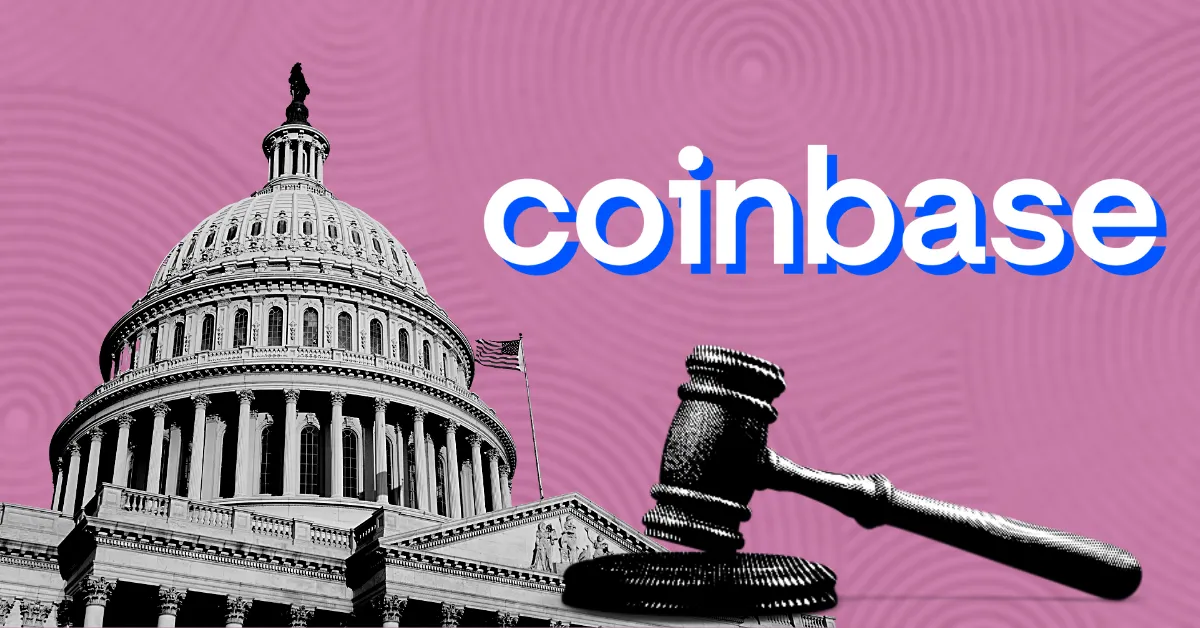In a pivotal moment for the cryptocurrency industry, January 11th has been designated as the day for a crucial court hearing in the ongoing legal battle between Ripple and a class of XRP investors.
Led by Vladi Zakinov, these investors allege that Ripple sold XRP as an unregistered security, setting the stage for a ruling that could have far-reaching implications throughout the crypto sphere.
Significance of the Ripple case
The outcome of this lawsuit carries substantial weight for the crypto industry and its stakeholders. A ruling by Judge Phyllis Hamilton could potentially set a precedent for future class actions against cryptocurrency firms.
The case also mirrors the ongoing legal tussle between the Securities and Exchange Commission (SEC) and Ripple. The SEC keenly observes this case as a favorable ruling for the XRP investors to bolster their position in their case against Ripple.
As disclosed by Crypto Eri, a prominent member of the XRP community, the forthcoming court hearing on January 11th will primarily concentrate on the motion to approve the form and manner of class notice. This procedural step will establish the legal framework that both parties must adhere to throughout the case.
Notably, the Judge had previously approved the class action, dismissing Ripple’s argument that there were insufficient participants to warrant such an action. If the class of investors ultimately prevails in this case, Ripple may be compelled to pay substantial compensation.
Perplexing aspects of the case
The ongoing nature of this class action against Ripple has raised eyebrows within the XRP community. This skepticism arises from Judge Analisa Torres’s prior ruling that XRP was not a security.
Specifically, Judge Torres concluded that XRP’s programmatic sales could not be categorized as investment contracts. Given this earlier decision, some wonder why the case continues to be litigated, especially since most plaintiffs in the class action likely obtained XRP tokens programmatically.
Despite this, Ripple is expected to rely on Judge Torres’s ruling as a cornerstone of their arguments as the case proceeds. The contrast between these two rulings underscores the complexity and contentious nature of the legal landscape surrounding cryptocurrencies.
Support for Ripple within the crypto community
Bill Morgan, a pro-XRP legal expert, highlighted this case’s intriguing aspect. He points out that the number of XRP investors supporting Ripple, including those who joined as Amicus Curiae, surpasses the number of individuals involved in the class action.
This fact could influence Judge Hamilton’s final ruling in the case, suggesting that the broader XRP community remains divided.





